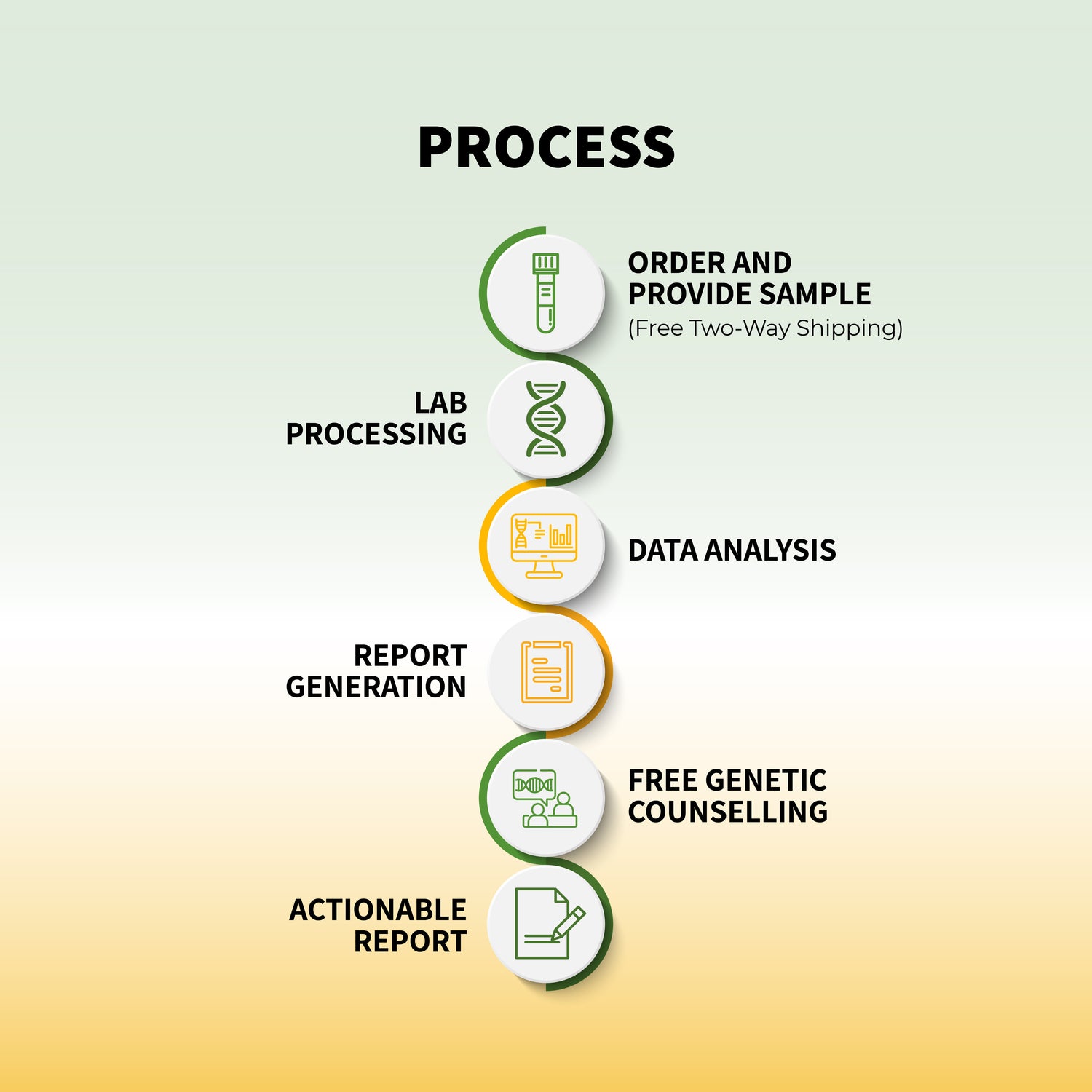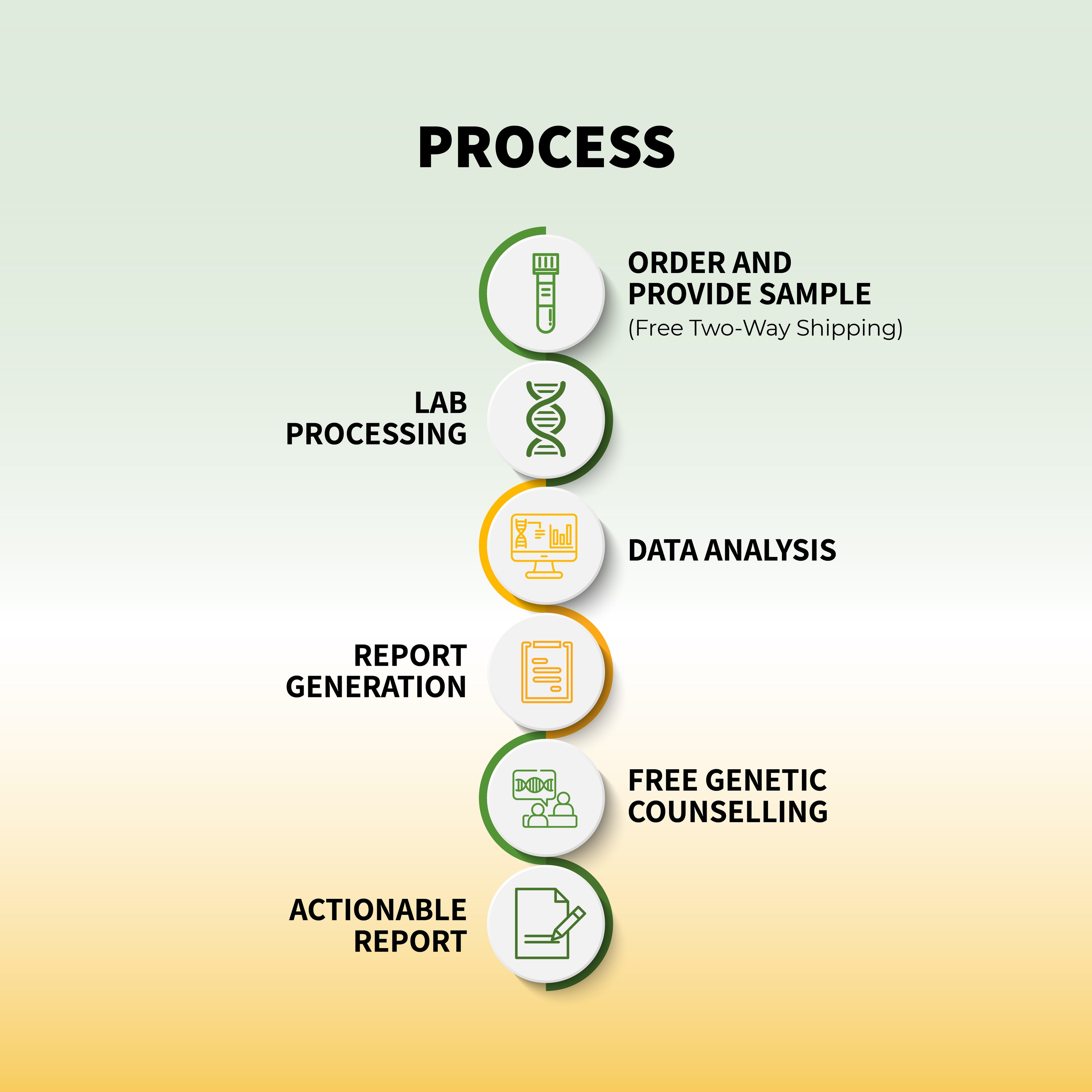When we think of heatwaves, we often picture cracked ground, power cuts, and sweltering heat. But there’s another side to this rising climate crisis—mental health. In India, the frequency and intensity of heatwaves have sharply increased in recent years. But did you know that heatwaves can also lead to anxiety, depression, fatigue, and even aggression?
In this blog post, we’ll unpack how heatwaves affect mental health in India, why this is becoming a bigger problem due to climate change, and how we can cope with extreme heat—not just physically, but emotionally and mentally too.
What Is a Heatwave?
A heatwave is a period of excessively hot weather, which may be accompanied by high humidity. In India, the Indian Meteorological Department (IMD) declares a heatwave when:
-
Temperatures reach ≥ 40°C in the plains
-
≥ 30°C in hilly areas
-
Or when there’s a 5–6°C increase from normal temperatures
With cities like Delhi, Nagpur, and Jaipur hitting 45–48°C regularly, heatwaves are becoming a seasonal norm rather than rare extremes.
The Overlooked Connection: Heatwaves and Mental Health
1. Why Heat Messes with the Mind
When your body overheats, it’s not just uncomfortable—it stresses your central nervous system, disrupts sleep, and depletes your energy. This leads to:
-
Mood swings
-
Fatigue
-
Irritability
-
Loss of concentration
Over time, these can evolve into more serious mental health concerns.
2. The Role of Climate Anxiety
Many young people and urban dwellers in India are already experiencing what’s called climate anxiety—a chronic fear of environmental doom. Constant news about rising temperatures, droughts, and floods only adds fuel to the fire.
Research Says: Rising Temperatures = Rising Mental Health Risks
Several global studies have shown that for every 1°C increase in temperature, the risk of mental health issues rises. Here's what some research reveals:
-
A 2018 study in the journal Nature Climate Change found a 2% increase in mental health problems over a five-year period with just a 1°C rise in average monthly temperatures.
-
In India, extreme heat has been linked to a spike in suicides among farmers, as shown in studies from the University of California, Berkeley.
Climate Change is Making It Worse
India is one of the most vulnerable countries to climate change health effects. The IPCC reports show that:
-
Heatwaves are likely to triple in the coming decades
-
Urban heat islands (like Delhi and Mumbai) will be hit harder
-
Mental health infrastructure is not ready to cope with this demand
Who’s Most at Risk?
1. Urban Poor
Slum dwellers or those living in crowded areas without air conditioning or ventilation suffer both physically and psychologically.
2. Outdoor Workers
Farmers, construction workers, traffic police, and delivery agents are often exposed to extreme heat for long hours, causing mental exhaustion.
3. Elderly & Children
These age groups are biologically more sensitive to heat and have higher rates of heat-induced confusion and distress.
4. People with Pre-existing Mental Health Conditions
Those already dealing with anxiety, depression, or bipolar disorder may find their symptoms worsen during heatwaves.
Coping with Extreme Heat: Mental Health Tips
It’s not just about hydrating and staying indoors. Mental wellness needs to be part of your heatwave survival plan too.
1. Stay Cool, Mentally & Physically
-
Use fans, wet cloths, or take cool showers
-
Spend time in shaded or air-conditioned spaces (like malls or libraries)
2. Get Enough Sleep
Heat can disturb your sleep cycle. Try to:
-
Sleep with cotton sheets
-
Keep the room dark and well-ventilated
-
Use a fan near your feet
3. Practice Stress Relief
-
Meditation or yoga
-
Deep breathing exercises
-
Listening to calming music
4. Limit Doom scrolling
Avoid obsessively checking climate-related news. It’s okay to stay informed, but constant exposure can heighten anxiety.
5. Talk About It
Speak with a therapist, friend, or family member. Community support plays a big role in managing emotional stress during harsh weather.
Government and Community-Level Solutions
-
Heat Action Plans (HAPs) in cities like Ahmedabad and Nagpur have begun incorporating mental health components.
-
Public health campaigns must include awareness around mental wellness during heatwaves.
-
More mental health helplines and emergency services need to be activated in summer months.
How Can You Prepare Mentally for a Heatwave?
Here’s a quick checklist you can keep handy:
| Action | Why It Helps |
|---|---|
| 🧴 Stay hydrated | Dehydration affects cognitive function |
| 🧘 Practice mindfulness | Reduces stress and anxiety |
| 🗓️ Schedule breaks | Avoid mental burnout from heat |
| 📵 Limit screen time | Screens + heat = more irritability |
| 👥 Build a support system | Talk it out, don’t bottle up feelings |
What Experts Say
“Heatwaves are no longer just environmental concerns—they are public health emergencies that must include mental health services,” says Dr. Arpita Sharma, a climate and wellness researcher based in Mumbai.
Psychiatrists in cities like Chennai and Hyderabad have also reported a 15–20% rise in cases of stress and insomnia during prolonged heat spells.
Frequently Asked Questions (FAQs)
How do heatwaves affect mental health in India?
Heatwaves in India cause mood changes, sleep disturbances, fatigue, and anxiety, especially in vulnerable populations such as the elderly, outdoor workers, and those with existing mental health issues.
Is there a connection between climate change and depression?
Yes. Rising temperatures and extreme weather events have been linked to increased cases of depression, anxiety, and even PTSD, according to global and Indian studies.
What are some simple ways to stay mentally healthy during a heatwave?
Practice stress-relief techniques like yoga, stay hydrated, avoid overexposure to heat, limit climate-related news, and get enough rest.
Are urban areas more affected?
Yes. Due to the urban heat island effect, cities often experience more intense and longer heatwaves, affecting both physical and mental health.
What support is available in India for heat-related mental health issues?
Some cities have Heat Action Plans, and organizations like iCall and Vandrevala Foundation offer mental health helplines. More awareness and outreach are needed across the country.
Final Thoughts
India’s rising heat is no longer just an environmental issue—it’s a mental health emergency. As climate change accelerates, it’s vital we recognize the hidden toll it takes on our minds.
By understanding the link between heatwaves and mental health, and taking proactive steps, we can build a healthier, more resilient society—one that can face the heat, both literally and emotionally.

















